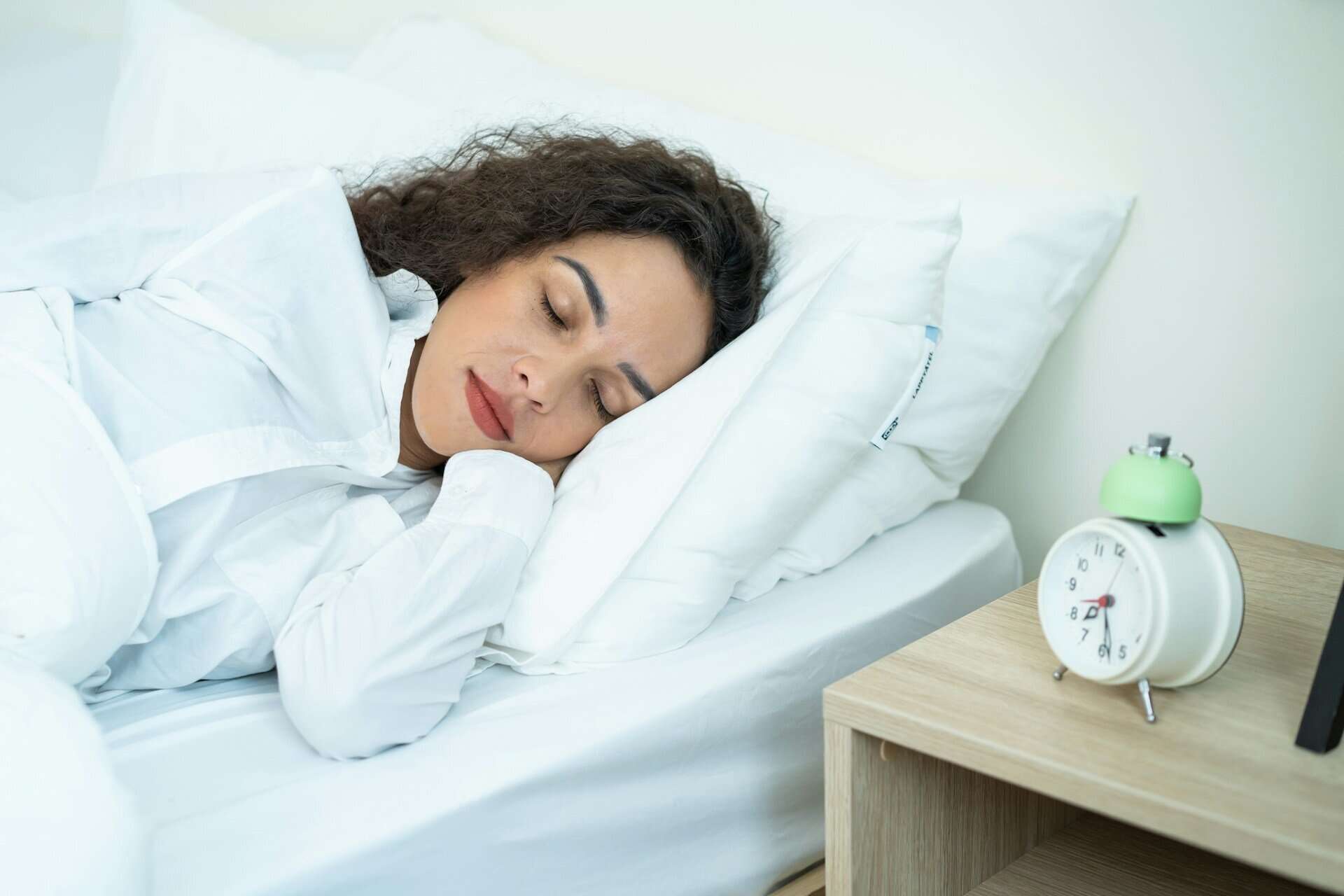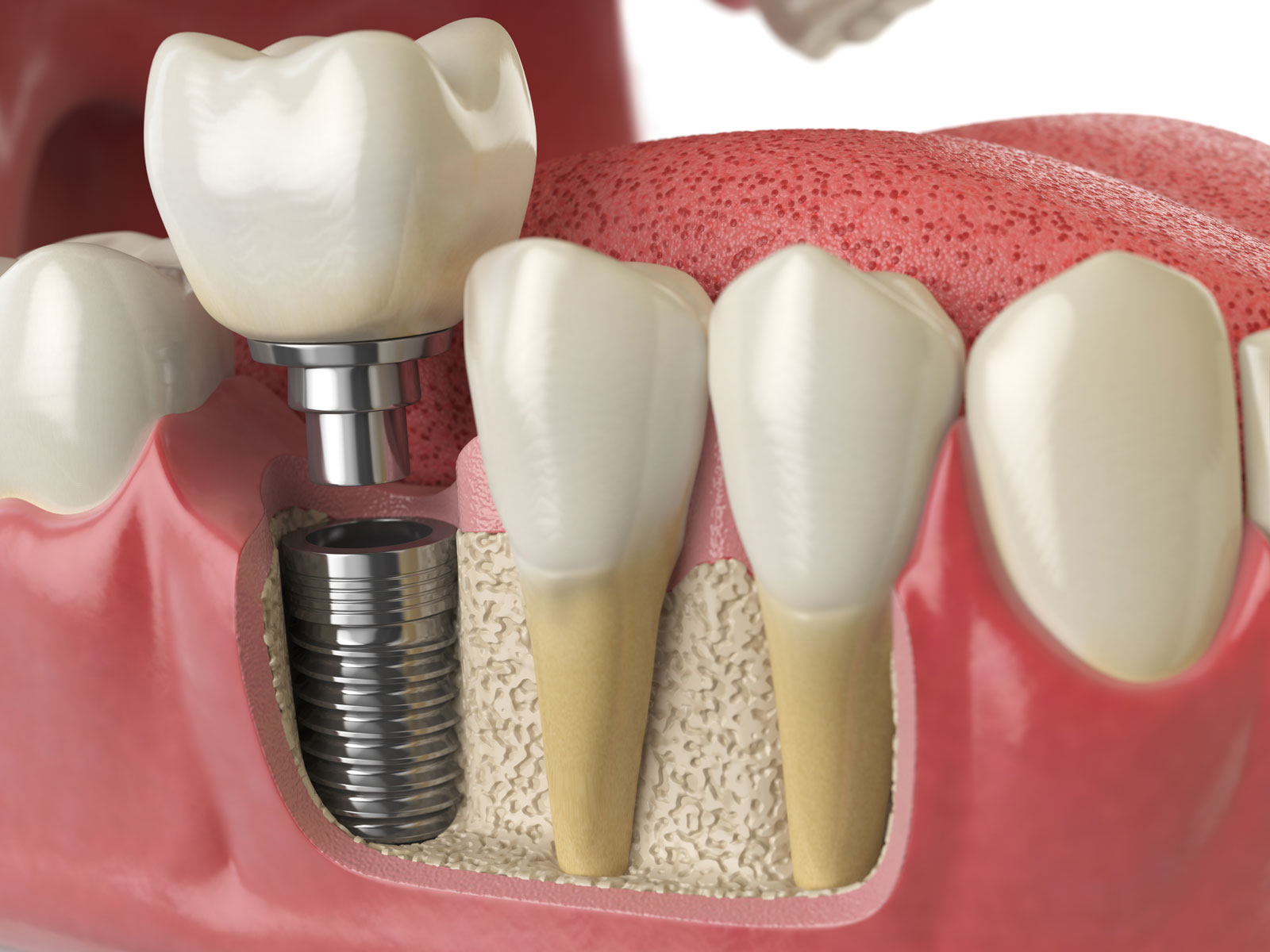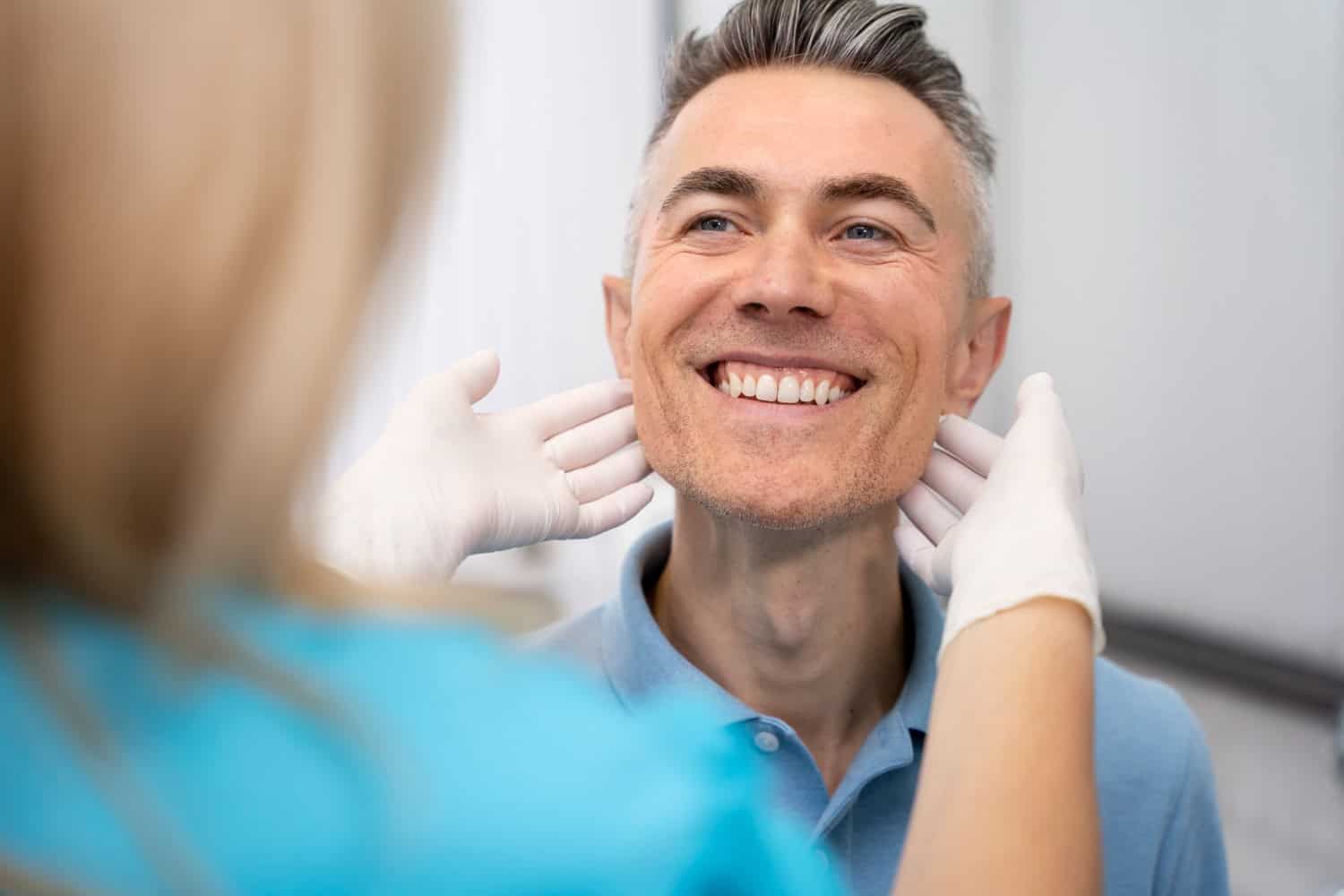A good night’s sleep does more than just leave you feeling rested. It helps your brain stay sharp, keeps your mood stable, and gives your body time to heal. But for some people, mornings start with fatigue, not energy, no matter how early they went to bed. This isn’t always about poor sleep habits. It often points to something deeper like sleep apnea.
Sleep apnea goes beyond loud snoring or tossing and turning. It causes pauses in breathing while you sleep, sometimes many times in a single night. These constant disruptions can make you feel drained the next day, even if you thought you got decent rest. Most people don’t notice it until it affects their concentration, mood, or energy. Knowing the signs and what happens if it’s left untreated can make a big impact.
Understanding Sleep Apnea: Symptoms and Diagnosis
Sleep apnea happens when the upper airway becomes blocked or narrows while you sleep. When this occurs, breathing stops temporarily, often waking your brain up just enough to get air moving again. You usually won’t remember waking up, but your body feels it over time.
The most common form is obstructive sleep apnea. This type is usually tied to how the muscles in your throat relax. Factors like age, excess weight, or the shape of your jaw and throat can increase your risk. But anyone can experience it.
You may have sleep apnea if these signs sound familiar:
– Loud, persistent snoring that others notice
– Waking up gasping or choking
– Dry mouth or headaches in the morning
– Feeling tired even after what should be a full night’s sleep
– Difficulty staying focused or remembering things
– Moodiness or irritability during the day
Because these issues happen while you’re asleep, they often go undetected. Many people find out after a partner mentions their snoring or pauses in breathing. Others only realize something’s wrong when they doze off during routine activities or struggle through simple tasks.
Getting a diagnosis involves a sleep study, which might take place at a sleep clinic or in your own home. These studies monitor your breathing, oxygen levels, and how your brain cycles through different sleep stages. The results show how often your breathing stops and help determine the right treatment.
The Daily Impact of Sleep Apnea
Once you’re diagnosed, the next step is choosing a treatment plan. The goal is simple: make sure your airway stays open while you sleep. But how you get there can depend on what fits your needs and lifestyle.
A good starting point for many people is a CPAP machine. This device sends a steady stream of air through a mask to keep airways from collapsing. The machine can feel a bit awkward at first, but over time, many patients find it helpful and feel the benefits almost immediately.
Some people prefer oral appliances. These are custom-made devices worn in your mouth while you sleep. They gently move your jaw forward, creating space and helping air pass through more easily. They’re smaller and easier to travel with, which suits some people’s routines better.
Lifestyle factors can also influence results. Changes such as sleeping on your side, adding more movement to your day, or working toward weight goals often help support other treatments.
Newer sleep apnea treatments are also becoming available in Phoenix, including in-office solutions for those who can’t tolerate machines or devices at night. These options are worth exploring if traditional methods don’t work, and they often come with the added benefit of being low maintenance.
Having the right guidance is key. If you’re looking for sleep apnea treatment in Phoenix, finding a provider experienced with a range of options can help you make the best call based on how severe the issue is and what your lifestyle looks like.
Treatment Options for Sleep Apnea
Once you’re diagnosed, the next step is choosing a treatment plan. The goal is simple: make sure your airway stays open while you sleep. But how you get there can depend on what fits your needs and lifestyle.
A good starting point for many people is a CPAP machine. This device sends a steady stream of air through a mask to keep airways from collapsing. The machine can feel a bit awkward at first, but over time, many patients find it helpful and feel the benefits almost immediately.
Some people prefer oral appliances. These are custom-made devices worn in your mouth while you sleep. They gently move your jaw forward, creating space and helping air pass through more easily. They’re smaller and easier to travel with, which suits some people’s routines better.
Lifestyle factors can also influence results. Changes such as sleeping on your side, adding more movement to your day, or working toward weight goals often help support other treatments.
Newer sleep apnea treatments are also becoming available in Phoenix, including in-office solutions for those who can’t tolerate machines or devices at night. These options are worth exploring if traditional methods don’t work, and they often come with the added benefit of being low maintenance.
Having the right guidance is key. If you’re looking for sleep apnea treatment in Phoenix, finding a provider experienced with a range of options can help you make the best call based on how severe the issue is and what your lifestyle looks like.
Choosing the Right Treatment: Factors to Consider
Every case of sleep apnea is different, so the right solution varies from person to person. Work routines, sleep environments, travel habits, and other health conditions all play a role in what works best long-term.
Things to keep in mind when evaluating options include:
– Whether your sleep apnea is mild, moderate, or severe
– Comfort with wearing a device or machine every night
– How easy it is to keep up with the treatment
– Any other health concerns that may impact results
– What fits best into your daily schedule and preferences
Consider someone who travels for work and often sleeps in different time zones. They may prefer a compact oral appliance over lugging around equipment. Meanwhile, someone else may feel totally fine using a CPAP machine every night if it brings better results.
This is where working closely with a dental provider makes a difference. You’ll get expert feedback on the pros and cons of each method and find a plan that helps bring real change to how you feel during the day.
Don’t feel rushed. Taking time to choose a treatment that genuinely works for your needs helps increase how well it works over time.
Improving Your Quality of Life
Good sleep changes how you move through the day. When your body gets oxygen consistently and can slip into deep sleep cycles, everything works a little smoother. People often notice they think more clearly, feel more upbeat, and have the energy to stay active.
But the impact goes further than just energy. Regular, healthy sleep supports your immune system, helps regulate weight, balances your mood, and protects your heart. People with treated sleep apnea often say they didn’t realize just how worn out they were until they started sleeping better.
The treatment doesn’t end with getting a device or adjusting your routine. As your body changes or life evolves, it helps to keep checking in on your sleep quality.
Ongoing steps that support better sleep include:
– Making sure your sleep equipment stays clean and works well
– Creating a relaxing space for bedtime—even simple things like less light and less noise can help
– Sticking with regular sleep and wake times
– Paying attention to any repeat symptoms or changes in sleep
The extra care helps make good sleep reliable for the long haul.
Taking the First Step Towards Better Sleep
It’s easy to skip over tiredness or assume long workdays are the problem. But when sleep doesn’t refresh you and leaves you dragging through regular tasks, it could be something more.
Sleep apnea affects your nights and your days. It touches every moment of your routine—from your mood to your memory—and can quietly reduce how good life feels, piece by piece.
If you’re in Phoenix and any of the symptoms sound familiar, now is the time to learn about sleep apnea treatment. A targeted plan and the right team can help you sleep deeply again and feel the difference each day.
If you’re ready to reclaim restful nights and energized days, discover sleep apnea treatment at Anderson Dental. Our experienced team will walk you through personalized solutions to help you breathe easier and feel more refreshed each day. Let us help you take the next step toward better sleep and better living.




